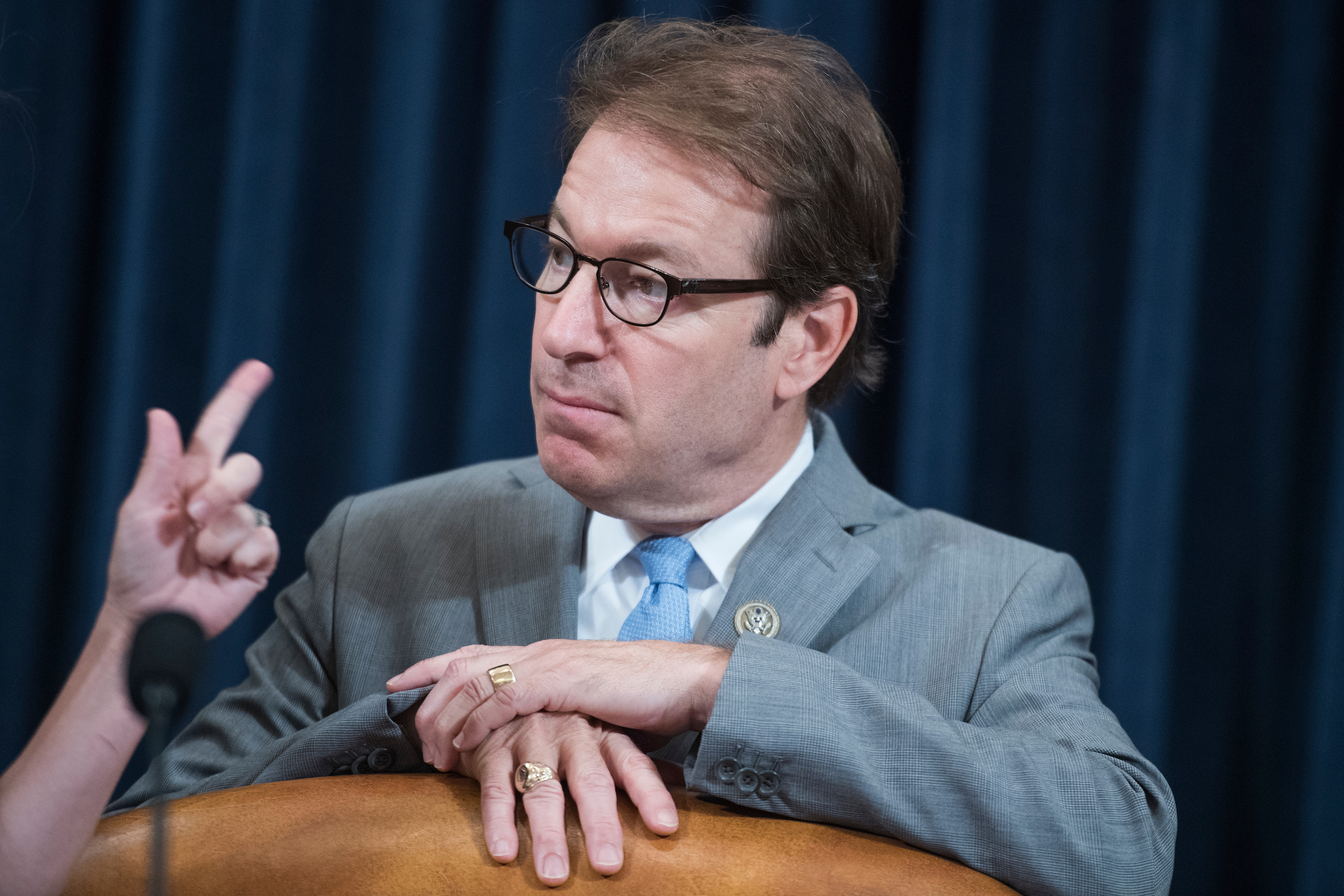House Committee Pledges to Roll Back More Medicare Regulations
Regulatory burdens now come at expense of patient care, Roskam says

The House Ways and Means Committee said it would continue exploring ways to reduce regulations in Medicare, after issuing a report last week on its conversations with health care providers.
While light on specifics, the committee said it is engaging in “ongoing dialogue” with the Trump administration over where legislative solutions are needed to reduce what it deems unnecessary regulations.
The report highlighted areas where providers indicated they need more flexibility, including in anti-kickback laws, conditions of participation for hospitals and administrative tasks such as billing and data reporting.
“The Medicare program has reached the threshold where the regulatory burdens placed on health care providers are now coming at the expense of patient care — we cannot allow this to continue,” Ways and Means Health Subcommittee Chairman Peter Roskam of Illinois said in a statement Wednesday.
The report is the culmination of a series of meetings with industry stakeholders to assess the most common unnecessary regulatory burdens that providers face. The Trump administration has pursued a similar goal through its “Patients Over Paperwork” initiative led by Centers for Medicare and Medicaid Services Administrator Seema Verma. The agency has rolled back multiple reporting requirements, while proposing even more reductions, and taken steps to streamline a number of programs.
Of particular concern to both the committee and CMS is the so-called Stark law, which limits how and when physicians can refer patients to other entities in which they share a financial interest. The law is widely considered outdated as the industry shifts to value-based care, which requires close financial relationships between various providers.
CMS in June released a request for public feedback on the Stark law, citing it as one of the “top concerns” from provider groups. In July, the committee held a roundtable discussion focused on the Stark law because of what it called the “overwhelming and unifying concerns” of stakeholders.
“The Committee’s work is not complete,” the Ways and Means report stated. “The health care landscape is constantly changing, which will require policymakers to continuously weigh the impacts to the provider community, and most important of all, the impact on patient care.”
ICYMI: Trump Discusses Health Care Plans at ‘Right to Try’ Bill Signing





